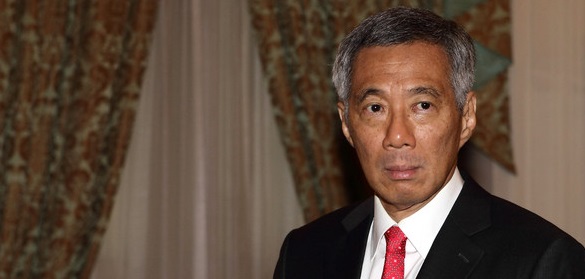From businesses to politicians and even charities – everyone wants a platform in which to push their agendas out. Everyone wants a voice and a means by which to get their messages out. Yet, as with everything, there will always be a negative side to the plus and that’s where we are with social media.
In the spotlight of late would be social media giant Facebook (FB) which finds itself subject to heavy criticism amid its alleged role in the US election results and how the platform has been misused by the Russians to ensure that Hilary Clinton did not win the election.
Closer to home, the Singapore government has repeatedly called for regulations to curb the reach of FB because it cannot be trusted to regulate its content. For those who are unaware, the government had requested for FB to remove an article alleging that the Singapore government was being investigated for the 1MDB saga as it contained “fake news” in which FB did not comply.
The inconvenient truth about agendas is that depending on who you ask, the same agenda could be both good and bad. What constitutes fake and what falls within the ambit of an opinion? If FB is simply a forum for information, is it its role to fact check?
At the end of the day, FB is not a news outlet – so why are we (both government and civilians alike) treating it like it is? Isn’t the onus to fact check on us the people? For example, if you go shopping in Singapore and buy an item in store that is too large for you or does not look nice, chances are, you are not going to get a refund because the onus was on you to have tried it on! You may switch size at best but you sure can’t get a refund!
I am not absolving FB of course. Given its reach, it must at least exercise some caution and judgement. This, it seems to have taken on board by agreeing to remove articles under certain critical situations. The Singapore government’s request (unfortunately for them) did not fall into this category.
Members of the Singapore government have utilised FB to its fullest potential and to their advantage. They have used it as a publicity tool, uploading “feel good” photographs of grassroots events and various other government outreaches.
They have used it to broadcast their message and to correct errors and inaccuracies that may have been leveled against them.
Looking at each of their profile pages, they have many followers, friends and “likes”. It would appear that despite their collective criticism of FB, FB has also served their purposes well. The question therefore is, do the benefits outweigh the negatives?
What strikes me is that the government is looking for a tool that it can absolutely control. A tool that will only disseminate the information that it wants it to. If so, FB is not the right toolkit because it is not beholden to the Singapore government.
The beauty of FB (and perhaps its failing) is that it can be used by anyone and everyone ranging from ISIS to Lee Hsien Loong. If the government wants to rail against FB for not complying with its wishes, I would suggest that they stop using it altogether. At least then, their accusations would hold more credibility. Now it just looks like they want to have their cake and eat it too.





